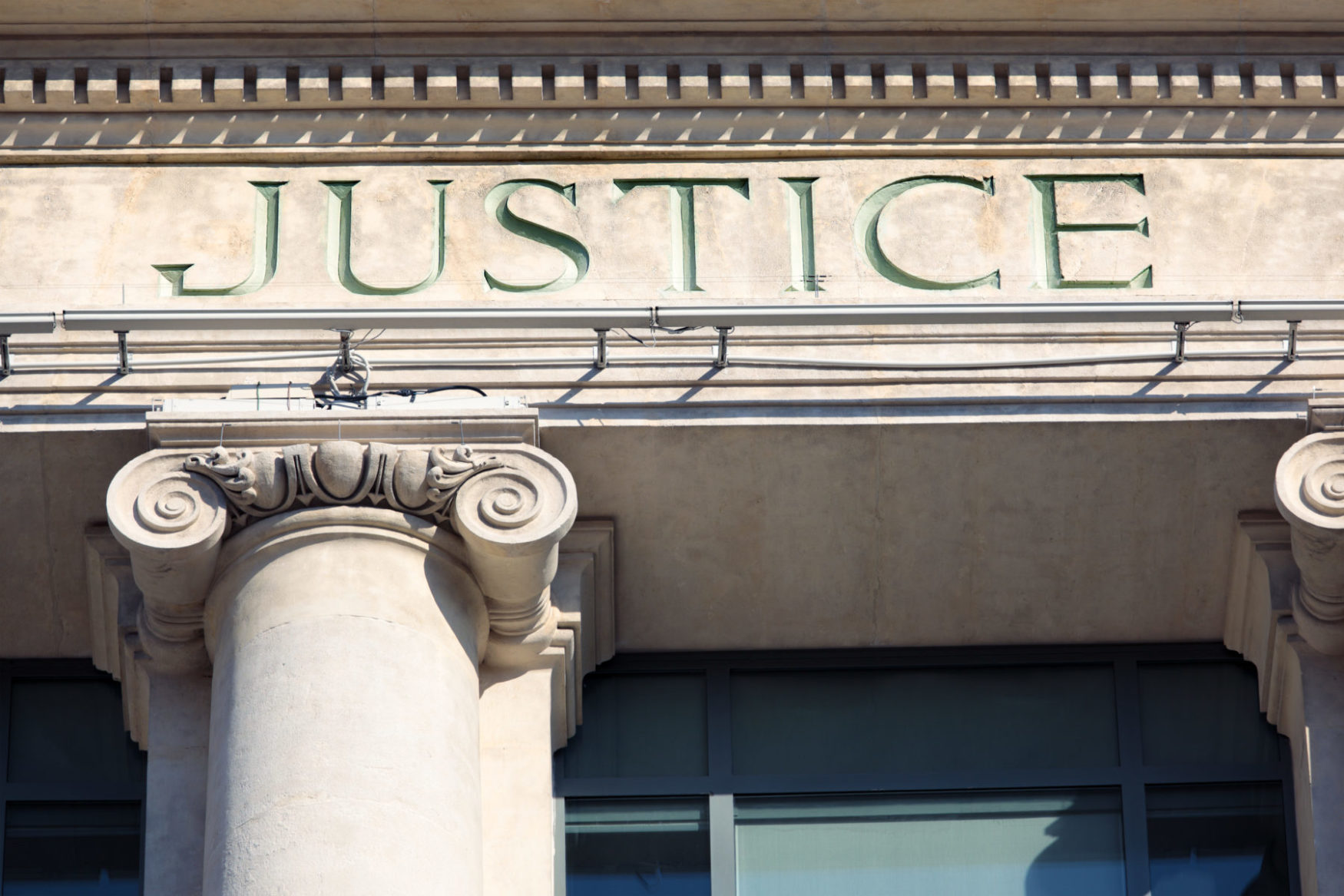Lead Public Defender Explains How Overwhelmed Court System Harms Defendants
02.19.16
In a revealing opinion piece published in today’s edition of the New York Times, the Chief District Defender for Orleans Parish Derwyn Bunton writes about his office’s recent decision to stop taking new cases; it’s one, he explains, that “did not come easily. No one becomes a public defender to tell a poor person, ‘No, I can’t help you.’
As was covered in November by the “Innocence Blog,” the Orleans Parish Defenders Office, under the duress of an insurmountable case load, asked a judge at the local criminal district court to stop assigning new criminal cases to the office’s attorneys until their existing caseload was significantly reduced. According to Bunton and the New Orleans Deputy District Defender Jee Park, the city’s public defenders were so overwhelmed with cases that any more would jeopardize the quality of their services and put at risk the constitutional rights of defendants.
In today’s op-ed, Burton explains why finally last month his office had to start refusing cases.
Burton writes:
. . .In a state with one of the nation’s highest poverty rates, the system to defend the poor is broken.
To understand why, look at the other people in the courtroom sitting on benches set aside for the audience. Most of these people aren’t there to watch the proceedings. Many were subpoenaed for failing to pay fines or fees for minor offenses . . . Those fines and fees pay for two-thirds of the Louisiana public defender system. The rest comes from the state. . . .
Louisiana spends nearly $3.5 billion a year to investigate, arrest, prosecute, adjudicate and incarcerate its citizens. Less than 2 percent of that is spent on legal representation for the poor.
It is little wonder that Louisiana has the nation’s highest rates of incarceration and exoneration for wrongful convictions.
Last fall, at a hearing ordered by the Criminal District Court in response to this crisis, years of underfunding by the state were chronicled. Public defenders have weathered more than $5 million in budget cuts over the last five years. . . .
Louisiana needs fundamentally to reform its system of public defense funding. The state needs to arrange adequate and stable financing based on reasoned projections of the workload. Fines and fees, to the extent they exist at all, should act as a supplemental source of financing.
The role of the public defender is to protect the innocent, defend the Constitution and demand justice and fairness. But when resources are out of balance, as they are in Louisiana, so is the system. The poor are the ones who are hurt.
At the hearing held in November, Innocence Project Co-Founder and Co-Director Barry Scheck testified on behalf of the public defenders.
“They are very, very smart lawyers,” Scheck told the judge, according to an article by the Times-Picayune. “But they’re totally overburdened and they can’t do the things they know they need to be doing. This really is a situation that poses an imminent danger to clients.” Scheck went on to say, “There is no question that indigent defense and inadequate lawyers are among the biggest contributors to wrongful convictions.”
To read the entire op-ed, go
here
.

Leave a Reply
Thank you for visiting us. You can learn more about how we consider cases here. Please avoid sharing any personal information in the comments below and join us in making this a hate-speech free and safe space for everyone.